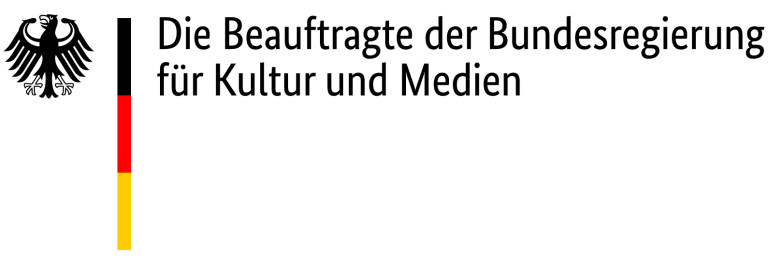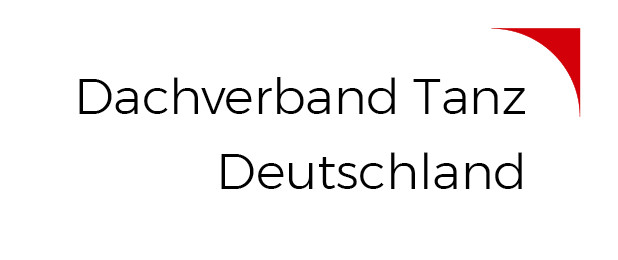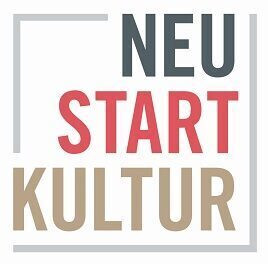Methods
Therapy Description
General Information
The description of the applied methods is just an overview, you can ask for further details in your assessment/diagnostic session. Methods can be applied isolated or combined, depending on the nature of individual needs.
Coaching
Coaching is a method of assisted human development that aims to deepen self-reflection, mindfulness, and awareness to enable the restructuring of existing knowledge, ideas, and beliefs. Coaching facilitates access to the psychological or physical resources of the individual, stimulates brain functions, and opens a new horizon for solutions and decision making however is not an educational method and not a type of psychotherapy.
Informal or Educational Session
The explanation and analysis of data, results, risk factors, methods (i.e.: blood test, surgery method) or sharing information that is not designed to develop new skills but facilitates decision making.
Training
Trainings are educational frameworks of competence building that aims to transfer knowledge on a specific area and has goals of improving one’s capability, capacity, performance, and productivity. Training is about learning and developing new knowledge and new skills and can include elements of prevention or rehabilitation.
Workshop
The term “workshop” refers to a framework, a subset of training methods in which not only knowledge transfer is processed, but the participants exchange ideas, co-work to develop structures or solutions. The goal of a workshop is active and practical skillset development, cooperative learning, innovation, and team building.
Functional Diagnostic
Functional diagnostic is the use of non-medical diagnostic tools to analyse and map individual needs, problems, physical performance, personality traits, organisational structures, group dynamics, motivations etc. The tools of a functional diagnostic can be psychometrics, questionnaires, quantitative measurements just to name a few.
Body Awareness, Embodiment, and Somatic Methods
In the neuroscientific, psychological, business and pedagogical scientific fields, there is a growing consensus that the traditional cartesian mind-body division failed to describe the reality of the human individual. The human brain is an integrated part of the body and brain function and is not separable from somatic experience and embodiment. The theory of somatic learning and somatic aspect of perception, indicates that all brain functions are accessible from the body and that the somatic projection of emotions and operative functions has a direct impact upon health (i.e.: stress induced motor patterns, body language etc.). Adult hippocampal neurogenesis is hypothesised as a crucial factor in memory formation and other cognitive functions are also enhanced and recontextualized by physical activity and somatic experiences.
Neurofacilitation
Many of the brain’s functions are possible to facilitate and enhance via neuroscience methods and many behavioural choices can be supported organically. Neurofacilitation stands for these techniques.
Biofeedback
Biofeedback is the feedback provided by the biological functions of the human body (i.e., breathing, heart rate, muscle activity, electric functions of the brain, etc.). This kind of feedback support self-awareness and aids in learning processes, emotional regulation, and stress management. Biofeedback is a somatic method.



